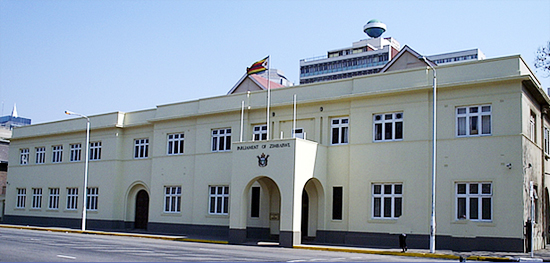Civic Society Organisations (CSOs) have urged Zimbabwean legislators to play an active watchdog role and hold the government to account over issues of corruption and governance.
The CSOs made the call in their latest submissions to the African Peer Review Mechanism (APRM).
The report highlights that Zimbabwe’s Constitution requires governance to be structured around transparency and accountability.
The CSOs noted that mechanisms which can be used to hold the government to account may include such tools as community scorecards and leadership performance scorecards, through which citizens can demand appropriate state action.
“There have been numerous scandals which demonstrate governance deficiencies in Zimbabwe. These include the misuse of Community Development Funds, questions about how Covid-19 relief was apportioned, as well as attempts to conceal the country’s foreign debt obligations,” the submissions read.
“Ministers have refused to answer questions posed by parliamentarians. Civil society hence suggests that all government policies and actions be subjected to scrutiny and debate, that citizens be capacitated to engage in doing so and that the media be free to report on these matters. The government should punish transgressors and Parliament should be firm on its role in holding the government to account.”
The CSOs decried the fact that the proposal of legislation to further regulate them and criminalise particular forms of criticism.is fast shrinking the civic space which affects their work in holding the government to account.
“Zimbabwean politics is characterised by tensions between the government and civil society. The government has dismissed CSOs as being driven by the machinations of Western powers, with self-serving agendas. Critics of the government have been arrested on very questionable legal grounds. Those seeking accountability – such as the media or civil society activists – are targeted for harassment,” the submissions read.
“This looks set to restrict Zimbabwe’s civic space even further. Civil society suggests continued advocacy and lobbying to promote engagement in national processes, that perpetrators of violence be held to account and that policy reforms be introduced to involve citizens in governance.”

